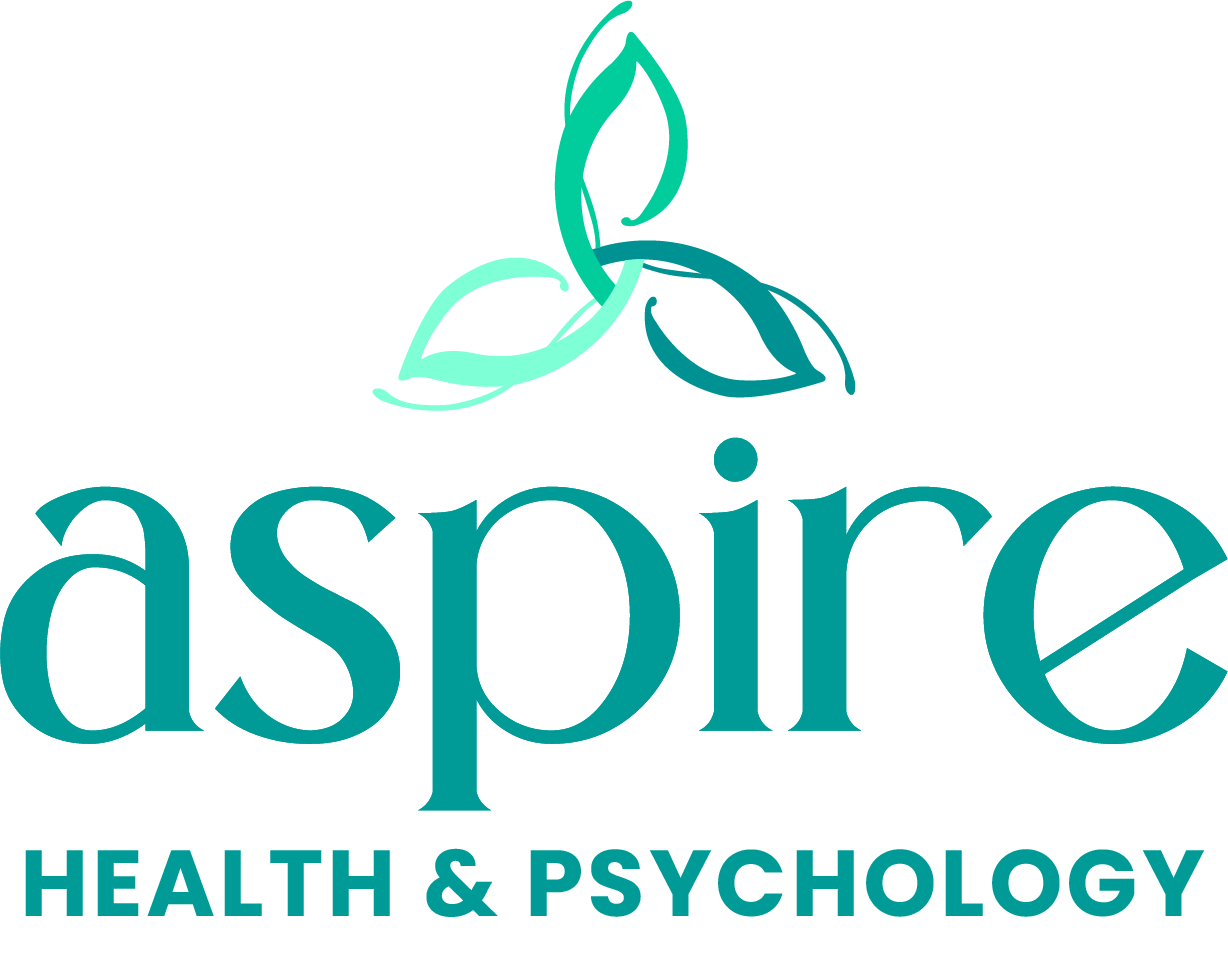Why Cognitive Behavioural Therapy Didn’t Work for You and How Internal Family Systems Might Help
If you’ve tried Cognitive Behavioural Therapy (CBT) and it didn’t click—maybe it felt too focused on fixing your thoughts without digging deeper—you’re not alone. CBT is great for many, helping change negative thinking patterns to improve mood and behaviour. But for some, especially with trauma or deep emotional pain, it falls short. That’s where Internal Family Systems (IFS) therapy comes in. Developed in the 1980s by Richard Schwartz, IFS sees your mind like a family of “parts”—different sides of you that formed from life experiences. It helps you understand and heal these parts with compassion, leading to real inner peace. Recent research shows it’s promising for issues like depression, PTSD, and anxiety where CBT might not reach. Let’s break it down simply.
Why CBT Might Not Have Worked
CBT works by challenging unhelpful thoughts and changing behaviours, but it doesn’t suit everyone. Here are common reasons it might not help, based on studies and expert insights:
- It Doesn’t Always Get to the Root of Trauma: CBT focuses on current thoughts and actions, but if your issues stem from complex past traumas, it might not address the emotional “wounds” fully. For example, it may overlook physical sensations or deeper feelings tied to those experiences.
- It Can Feel Too Mechanical or Pressuring: Some find CBT’s homework and thought-challenging exercises rigid, like it’s putting all the blame on you to “fix” your thinking. This can add stress, especially if you’re already overwhelmed.
- It Might Increase Rumination: For people with obsessive worries, CBT’s focus on analysing thoughts can sometimes make things worse by encouraging overthinking.
- Not Ideal for Deep Emotional Issues: If your problems are rooted in emotions or self-worth, CBT’s logical approach might not connect, leaving you feeling unheard.
Research shows CBT is effective for many mental health issues, but therapists agree it’s not a one-size-fits-all—sometimes combining it with other therapies or trying alternatives works better.
What Makes IFS Different and How It Can Help
IFS flips the script by treating your inner world with kindness, not judgment. Imagine your anxious thoughts as a “part” trying to protect you, or your anger as another part carrying old pain. IFS helps you connect with your calm “Self”—that wise, compassionate core everyone has—to listen to these parts, understand their stories, and help them heal. Unlike CBT, which challenges negative beliefs head-on, IFS welcomes all parts (even the “bad” ones) and works to harmonize them.
Studies comparing the two show IFS shines where CBT might not:
- For trauma and PTSD, a 2021 pilot study found IFS reduced symptoms in 92% of participants, boosting self-compassion—something CBT might not emphasize as much.
- In chronic pain and depression, a 2013 trial showed IFS improved physical function and mood more effectively for some.
- Recent 2024-2025 research, like a study on high school students, found IFS-based group therapy increased self-esteem and compassion. Another case study about a women with childhood trauma showed it eased anxiety and body issues.
- Online group IFS for PTSD in 2025 pilots was well-received and cut symptoms significantly.
IFS is evidence-based for well-being and promising for depression and trauma, per reviews.
If CBT left you stuck, IFS could be a fresh start. Talk to a trained therapist to see if it fits—many blend it with CBT for the best results. Healing takes time, but understanding your inner “family” might just be the key.
Marianne Love
Principal Clinical Psychologist
Aspire Health & Psychology
